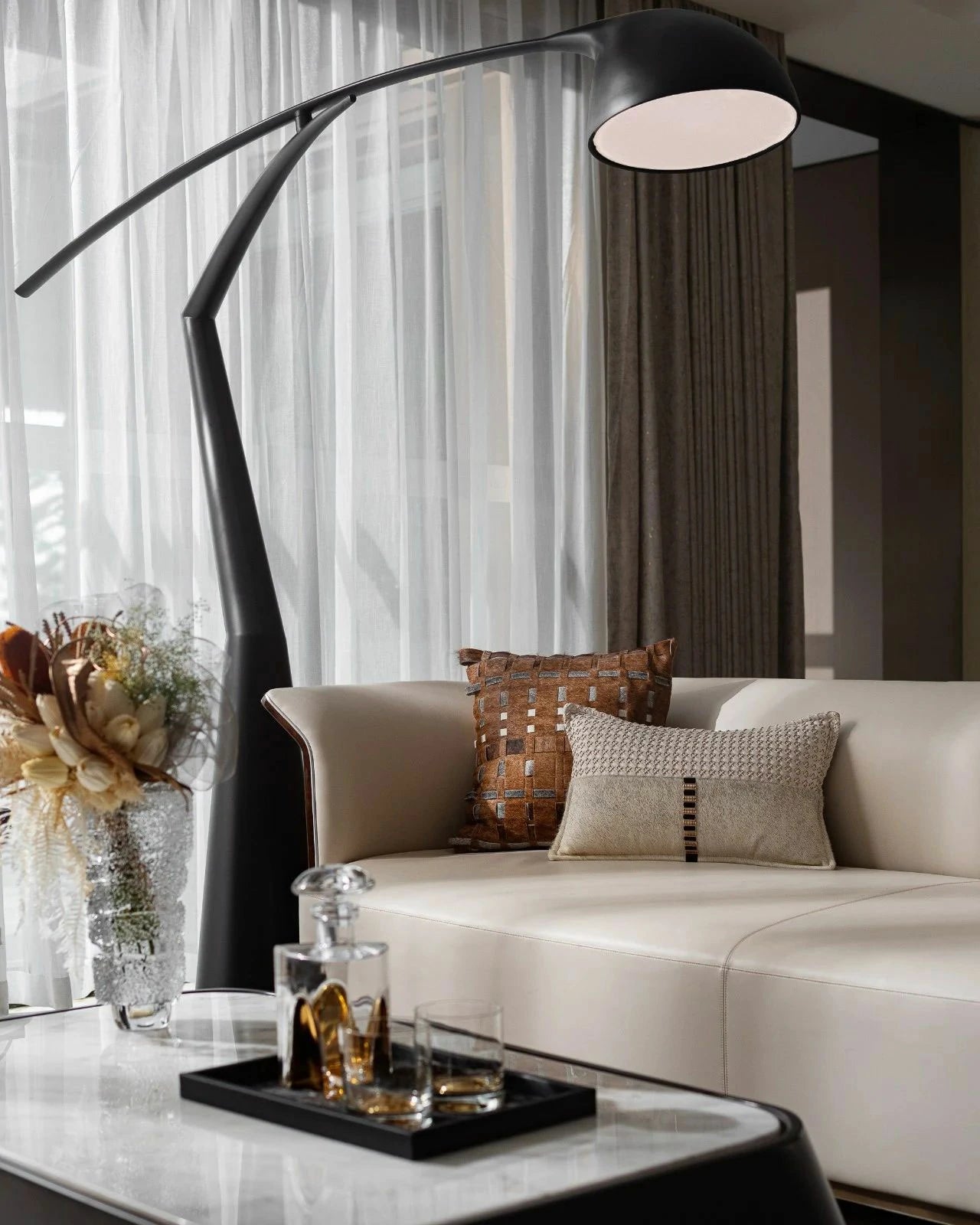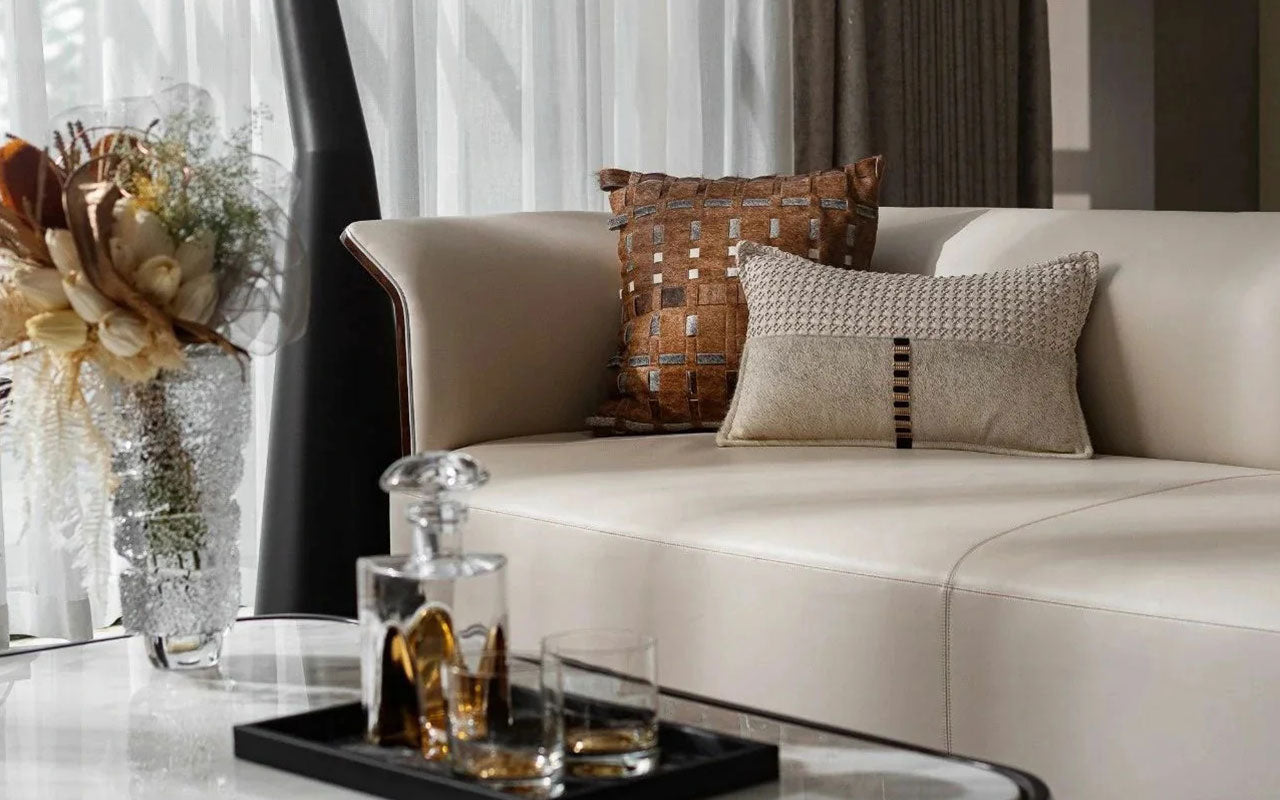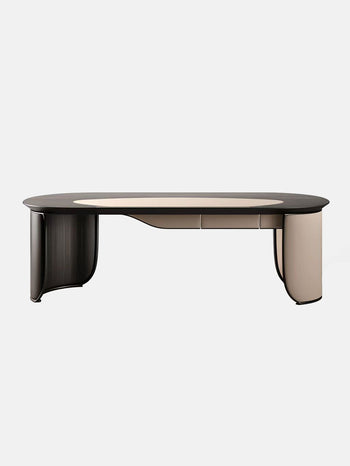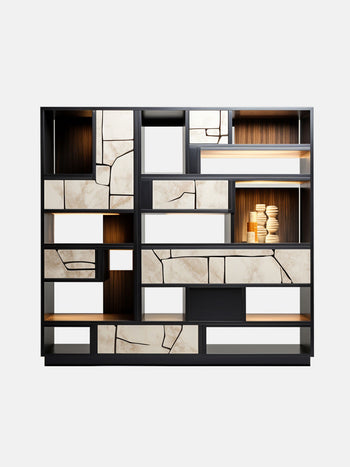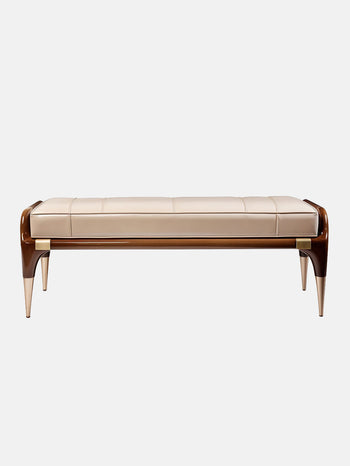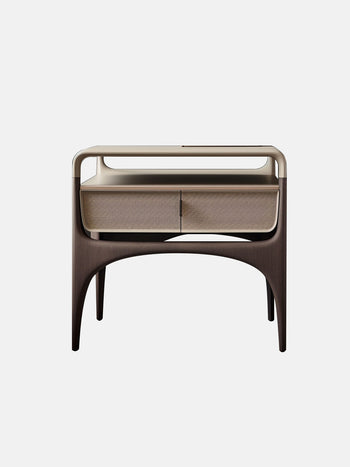FORE currently boasts outstanding designers from both Asia and Europe. FORE aims to accelerate progress in innovation and research. In the near future, Fore plans to establish long-term partnerships with more designers and material suppliers worldwide, invest in the FORE Research and Development Fund, and collaborate on developing new sustainable furniture-related accessories and materials.
At FORE, we firmly believe that sustainability is not merely a choice; it is our mission. The creation of furniture itself is a complement to home living, and we deeply understand that the furniture we craft not only impacts people's quality of life but also holds significance for the future of our entire planet.
We embrace a crucial responsibility, shaping the future of the furniture industry through sustainable practices. Sustainability is ingrained in the DNA of FORE, interwoven with our brand values of design innovation, exceptional quality, and environmental responsibility. Our pursuit extends beyond outstanding furniture design; it is about creating a beautiful future for the Earth through these designs.
Actively adopting sustainable processes and materials, we are dedicated to reducing carbon footprint, minimizing waste, and safeguarding the environment we collectively inhabit. Our goal is not only to provide customers with high-quality furniture products and design experiences but also to lead the furniture industry towards a more sustainable future.
As an emerging brand, we acknowledge that prioritizing sustainability may incur additional costs. However, this does not sway our original intent. We are not merely a brand seeking short-term profits; we are committed to the long-term well-being of humanity and the Earth's environment. We believe in the iterative refinement of furniture craftsmanship, we can create a more beautiful and sustainable future. This is our commitment to ourselves, our customers, and the entire planet.
A. Materials
In the production process, FORE strives to choose sustainably managed wood or materials with environmental certifications, such as FSC-certified wood or other internationally recognized sustainable development standards. Through this practice, FORE demonstrates its concern for forest resources and ecosystems, supporting sustainable forestry management and reducing illegal logging and destructive forestry activities. This helps protect biodiversity in ecosystems, promotes the responsible use of wood, and reduces dependence on natural resources.
Moreover, the use of environmentally certified materials can establish an eco-friendly image for the company, attracting consumers who prioritize environmental and sustainable practices. This aligns with the growing market demand for eco-friendly products and corporate social responsibility, contributing to enhancing the brand's reputation and competitiveness. By selecting sustainably managed wood and environmentally certified materials, FORE showcases its commitment to environmental protection and sustainable development, actively contributing to the industry's sustainability.
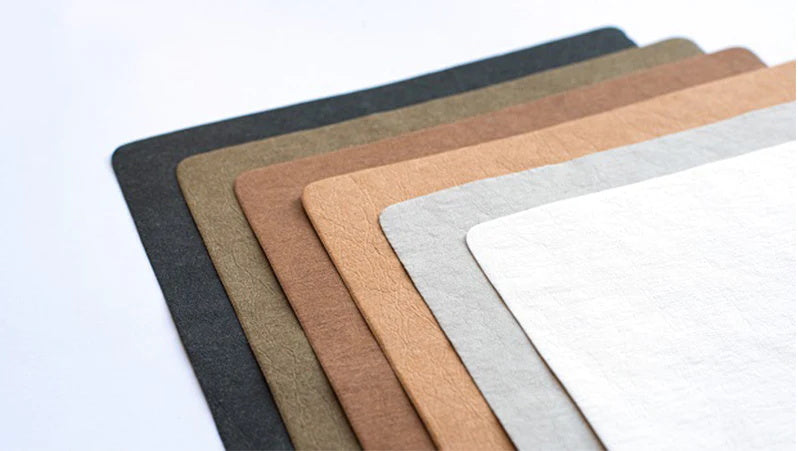
FORE is also committed to the sustainable development of leather materials. We strive to choose renewable leather materials, such as those produced by sustainably managed farms, to reduce the impact on the natural environment and promote agricultural sustainability. In the tanning process, we employ environmentally friendly methods to minimize pollution of water resources and soil, with a particular emphasis on using plant-based tanning agents rather than chemicals. Additionally, we select leather that holds environmental certifications, such as compliance with standards like Bluesign®, ensuring our products meet high levels of environmental sustainability throughout the production process. This series of practices not only demonstrates our commitment to environmental protection but also ensures that our leather products adhere to stringent sustainable development standards.

B.Crafting and Designing
C.Packaging
When considering packaging and transportation, FORE Furniture Factory adheres to sustainable principles, implementing eco-friendly measures to minimize environmental impact. Our eco-packaging strategy aims to reduce waste and carbon footprint throughout the supply chain, ensuring environmentally friendly practices.
Packaging Design: We adopt a sturdy and aesthetically pleasing packaging design, ensuring the highest environmental criteria are met during the packaging process. This reduces resource usage and simplifies the disassembly and recycling of packaging materials.
Customized Packaging Dimensions: To avoid excessive use of packaging materials, we utilize customized dimensions that provide sufficient protection for each product while minimizing material waste.
Optimized Transportation Solutions: Through optimized transportation planning, we choose the most economical and efficient shipping methods to reduce carbon emissions during transportation. By concentrating shipments and optimizing routes, we significantly minimize the environmental impact of transportation.
These sustainable packaging and transportation practices reflect our commitment to environmental responsibility, aiming to create a greener and more sustainable future. FORE Furniture Factory will continue to innovate, ensuring our products have the least possible impact on the environment throughout their lifecycle.
D.Production
E.Community involvement and philanthropy
At Fore, we aspire to build a closely-knit community where we can educate and disseminate information about sustainable development. Recognizing our imperfections, we are eager to hear from the community, seeking input on areas for improvement or suggestions on how we can provide more assistance.
In 2024, Fore is preparing to collaborate with the non-governmental organization 'ONE Tree Planted' pledging to donate a tree sapling for every order placed. This initiative aims to contribute to the restoration of wetlands and forests worldwide.
Looking ahead, Fore is committed to close collaboration with communities and organizations globally, deepening our commitment to environmental protection and taking action to construct a greener future.
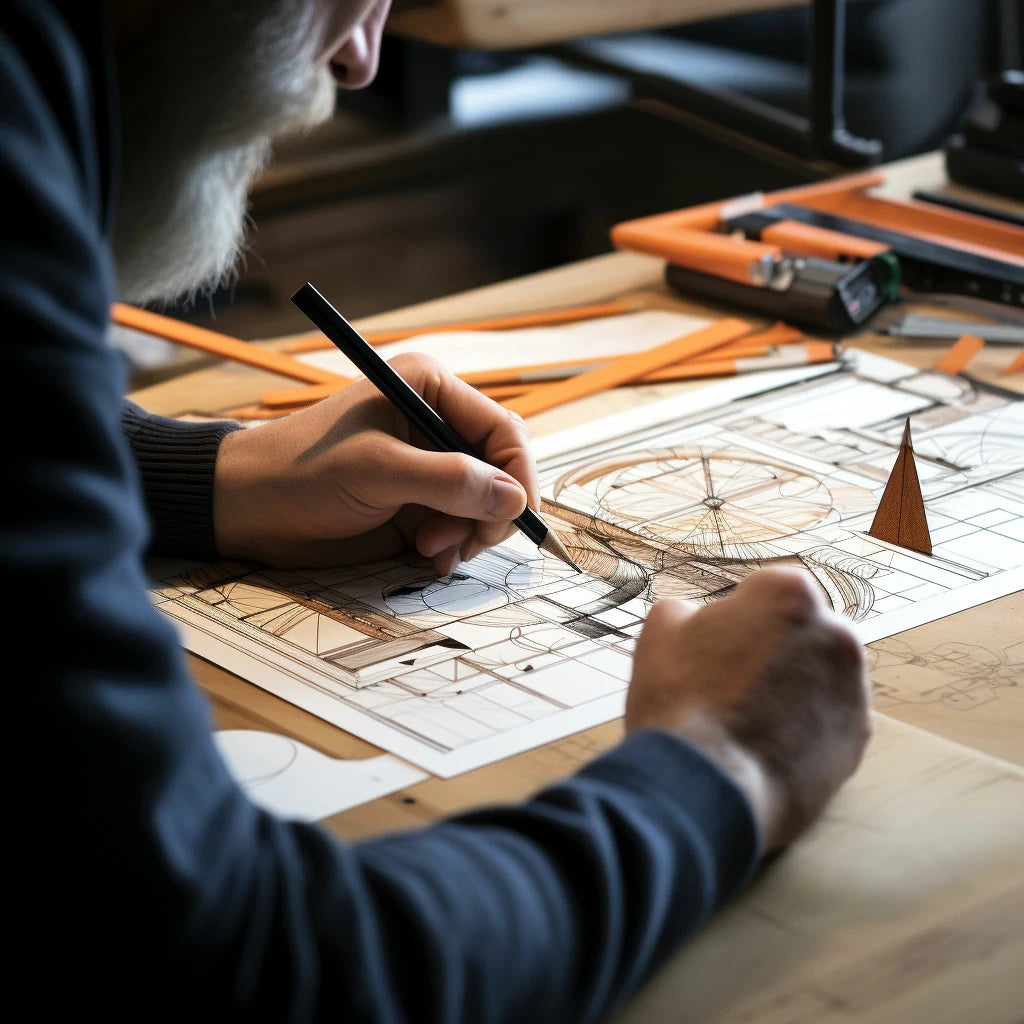 New Creative
New Creative
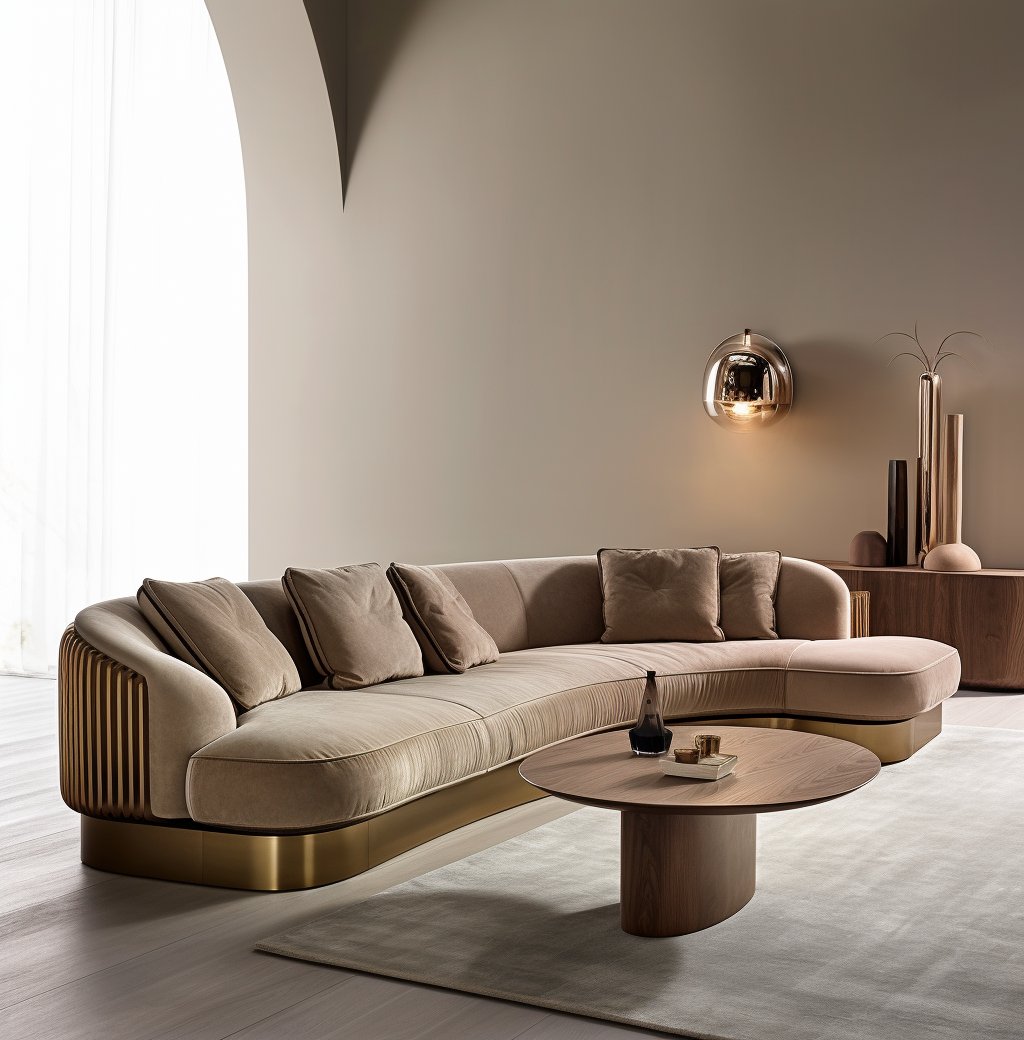 Best Sellers
Best Sellers
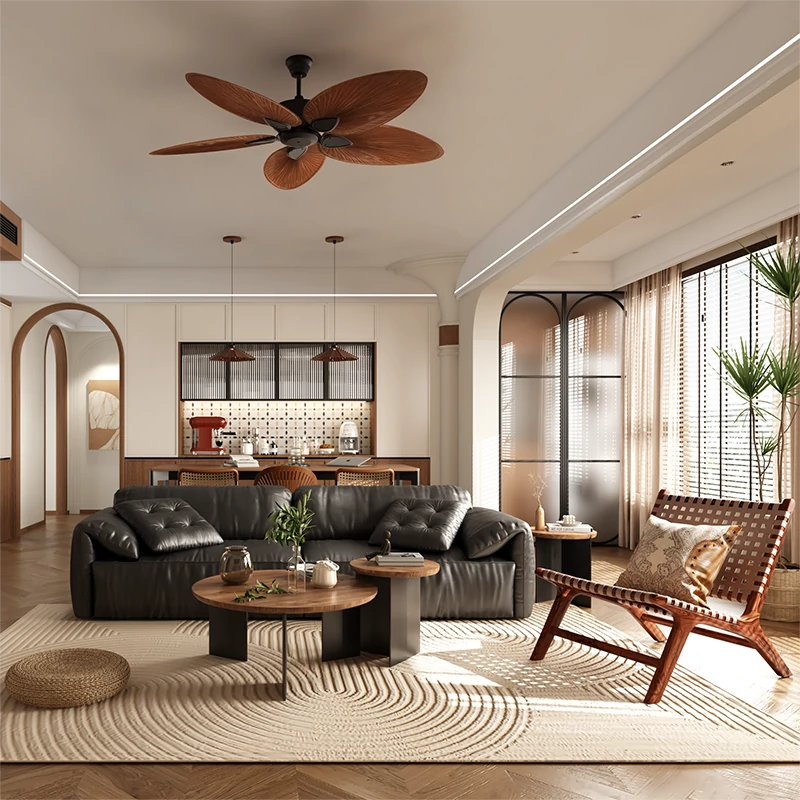 Shop The Look
Shop The Look
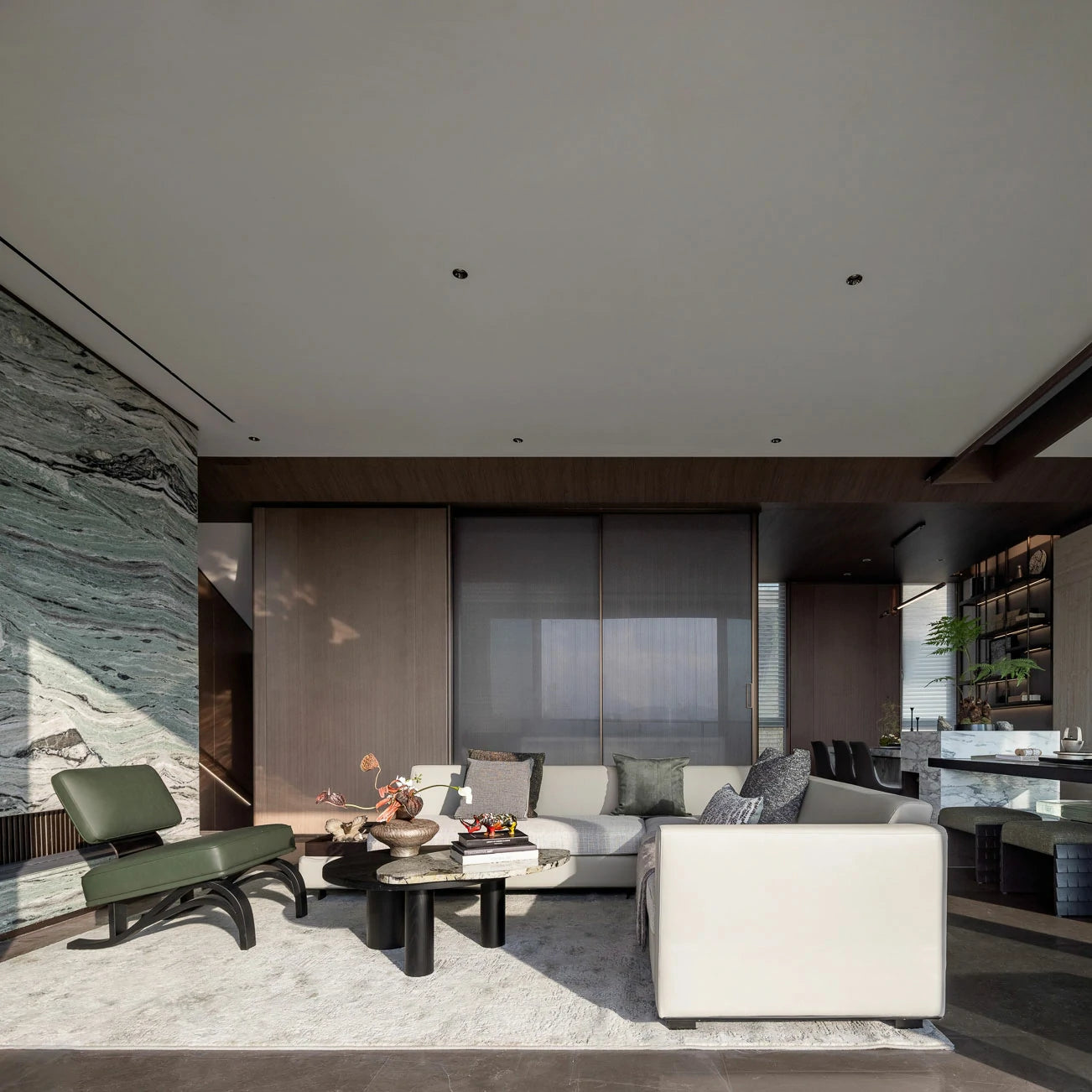 New Room
New Room
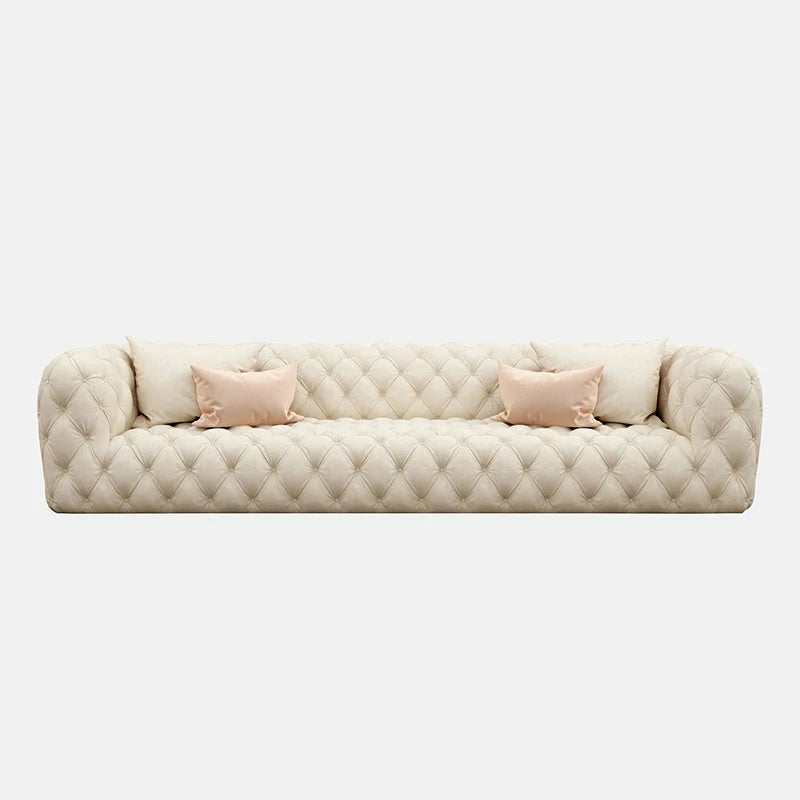 Sofas & Seating Systems
Sofas & Seating Systems
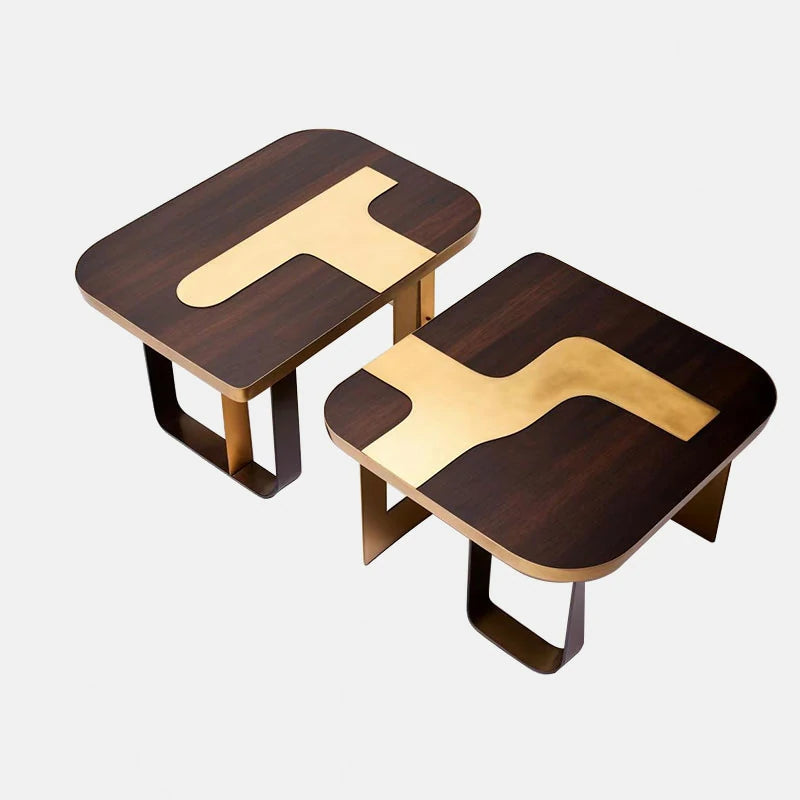 Coffeetables & Sidetables
Coffeetables & Sidetables
 Tables
Tables
 Chairs
Chairs
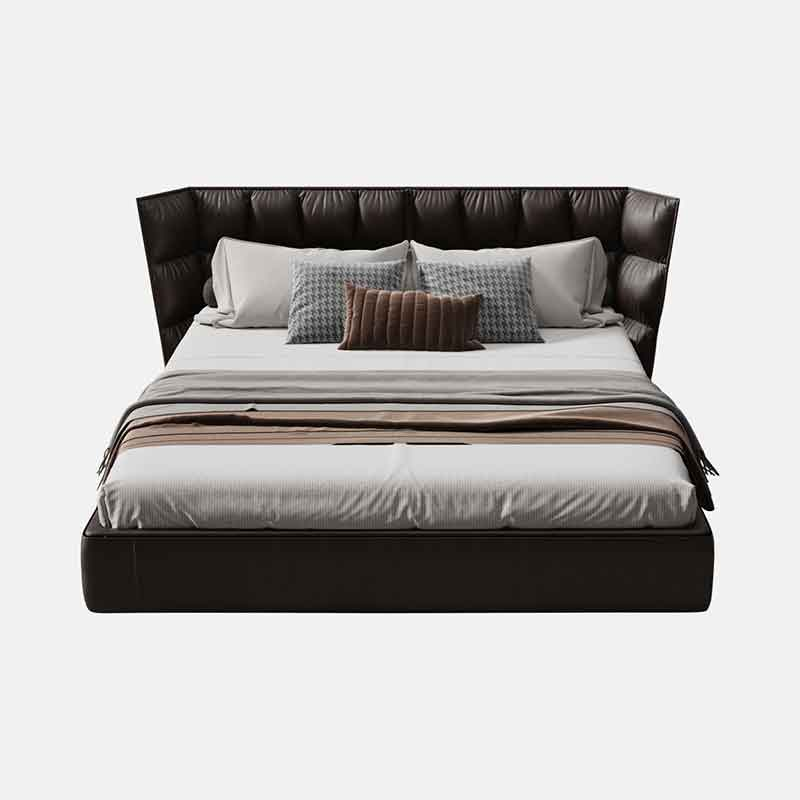 Beds
Beds
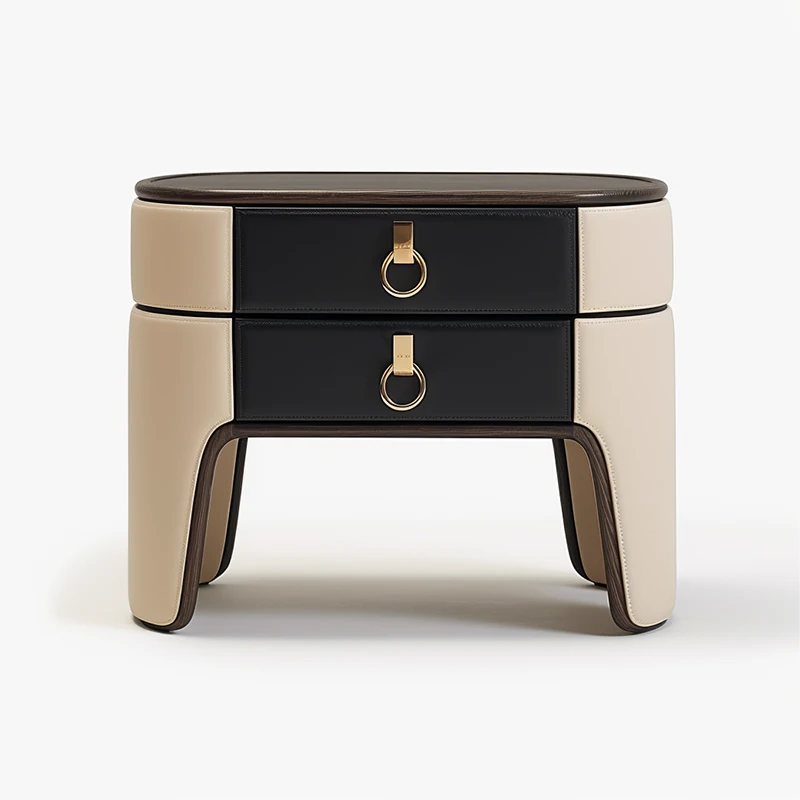 Nightstands & Vanities
Nightstands & Vanities
 Sideboards & Bookcases
Sideboards & Bookcases
 Console
Console
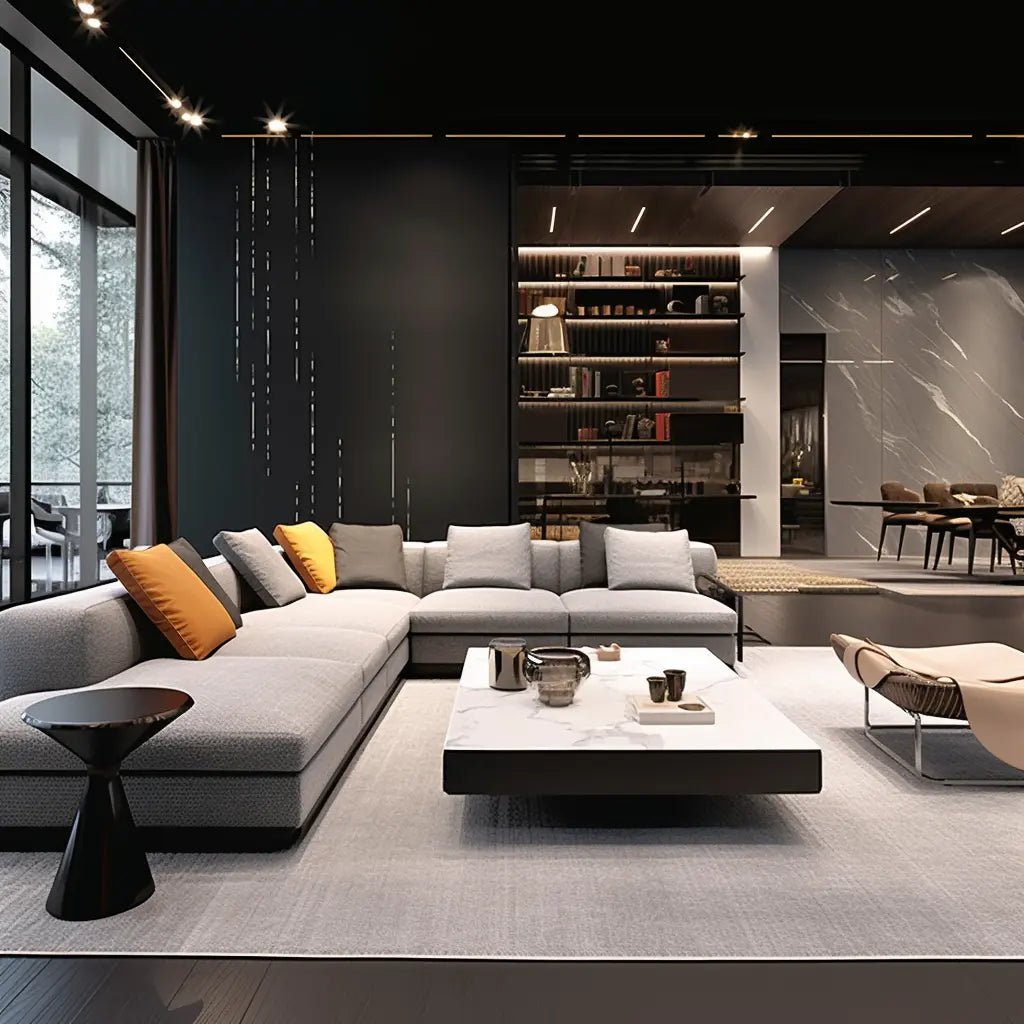 Livingroom
Livingroom
 Diningroom
Diningroom
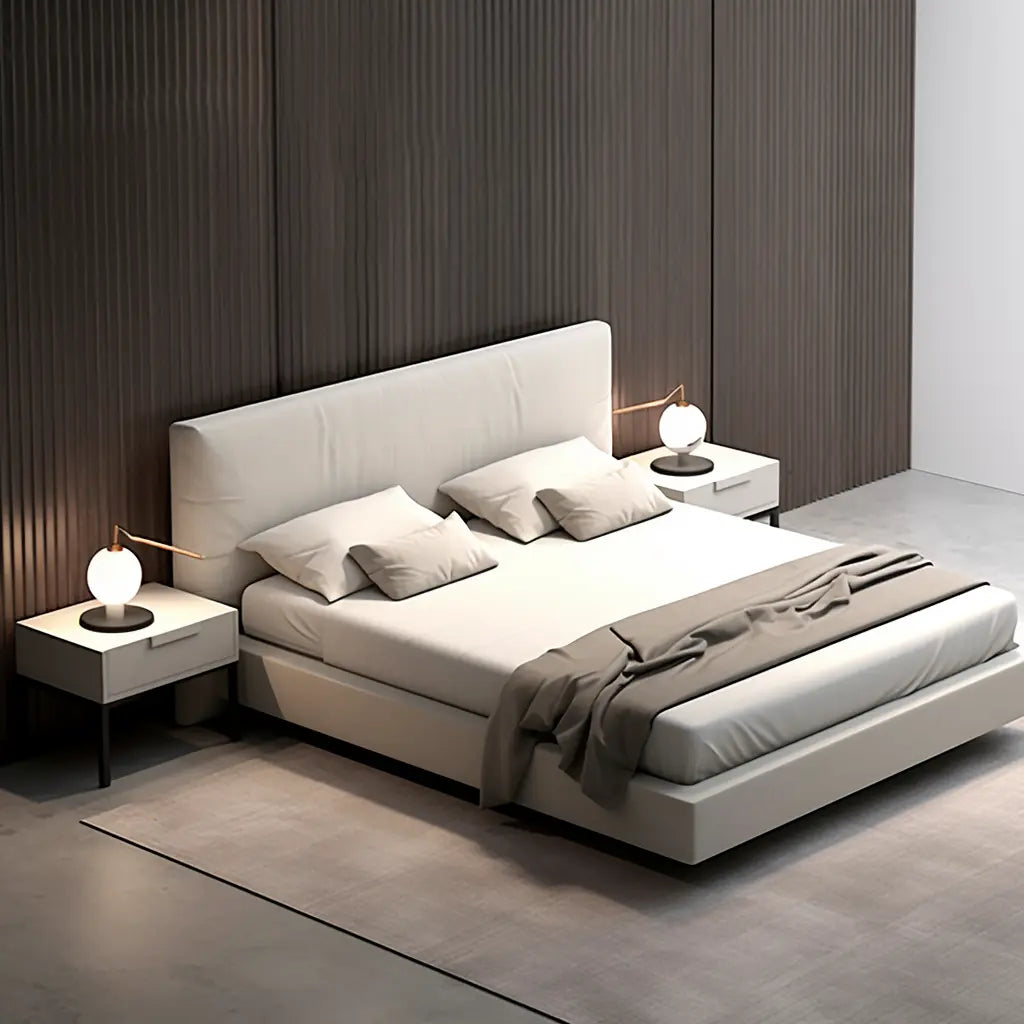 Bedroom
Bedroom
 Office room
Office room
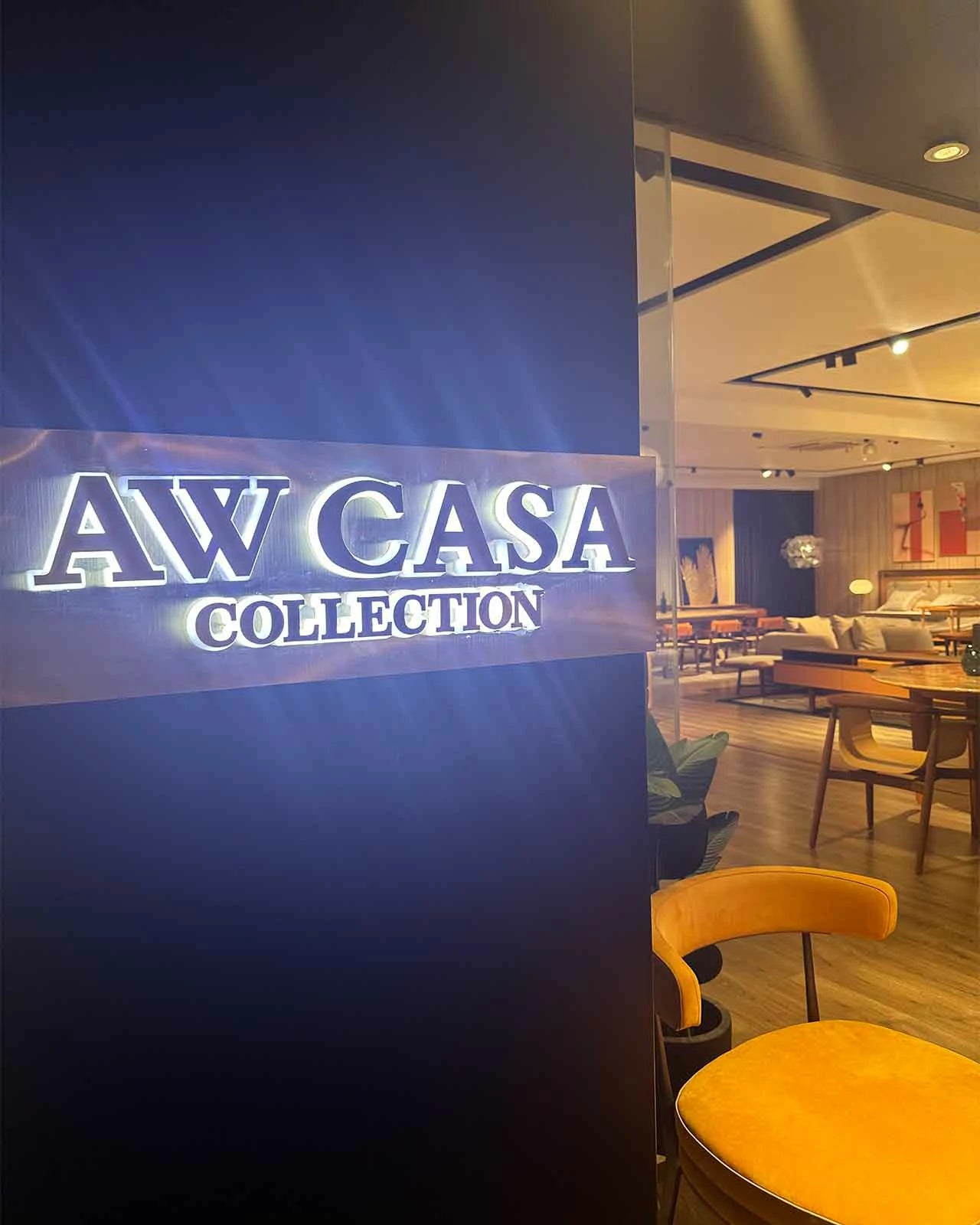
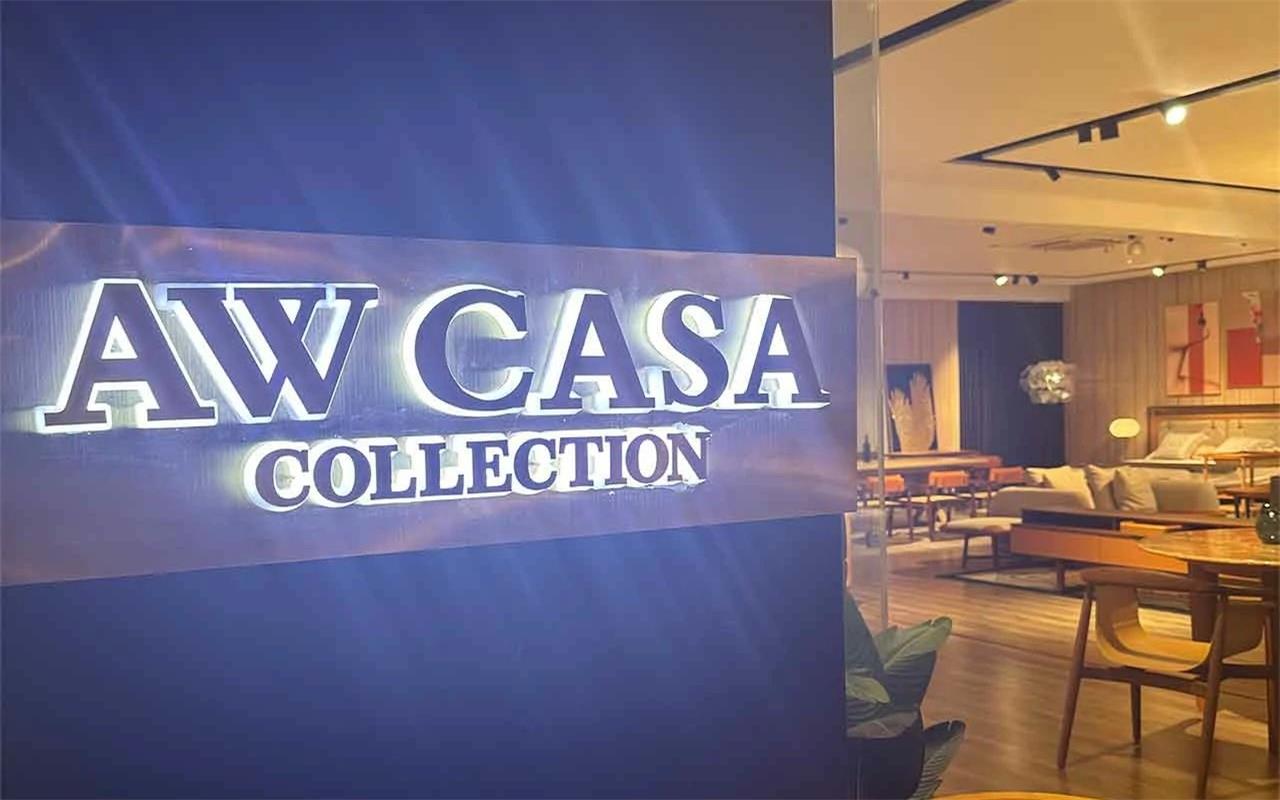
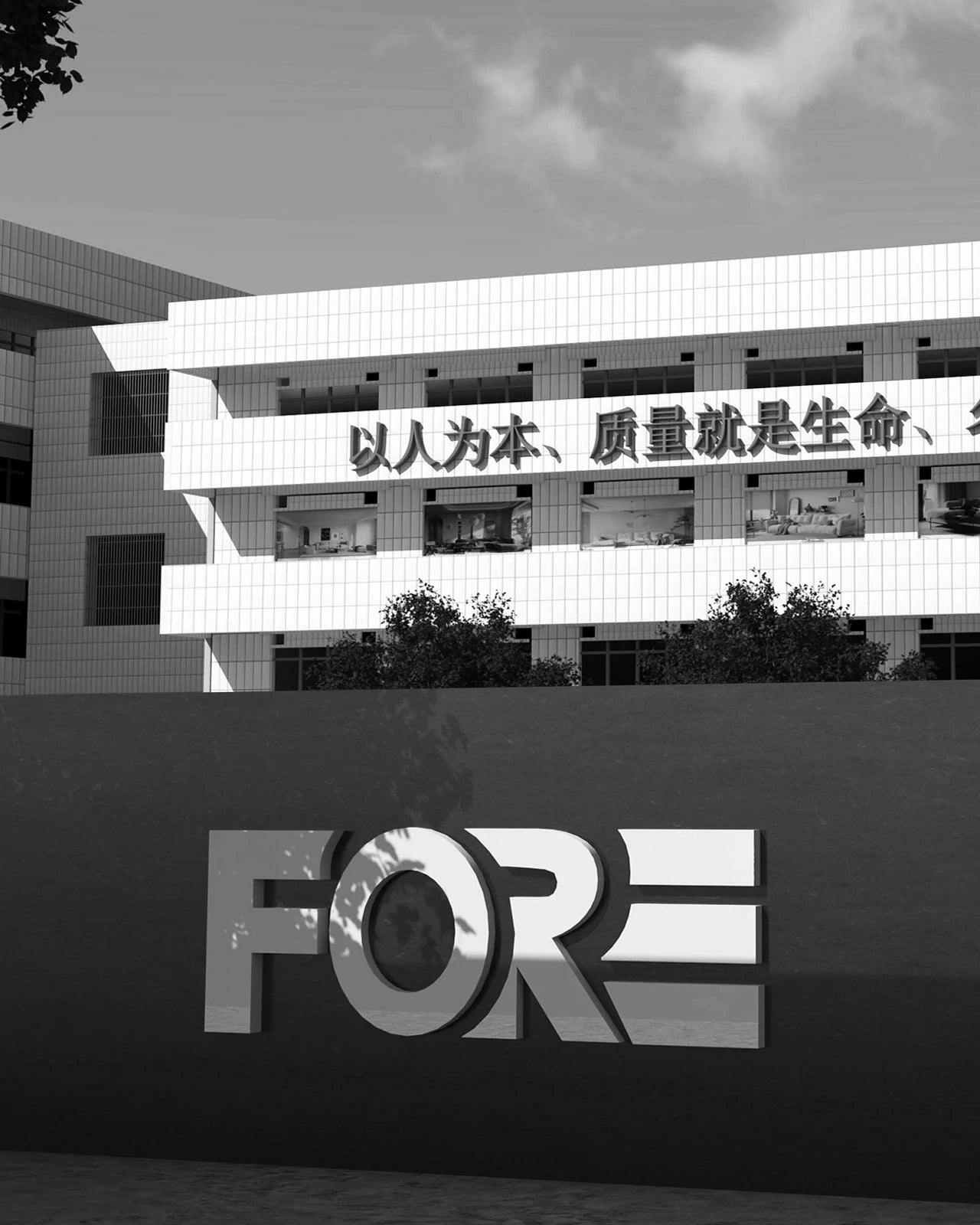

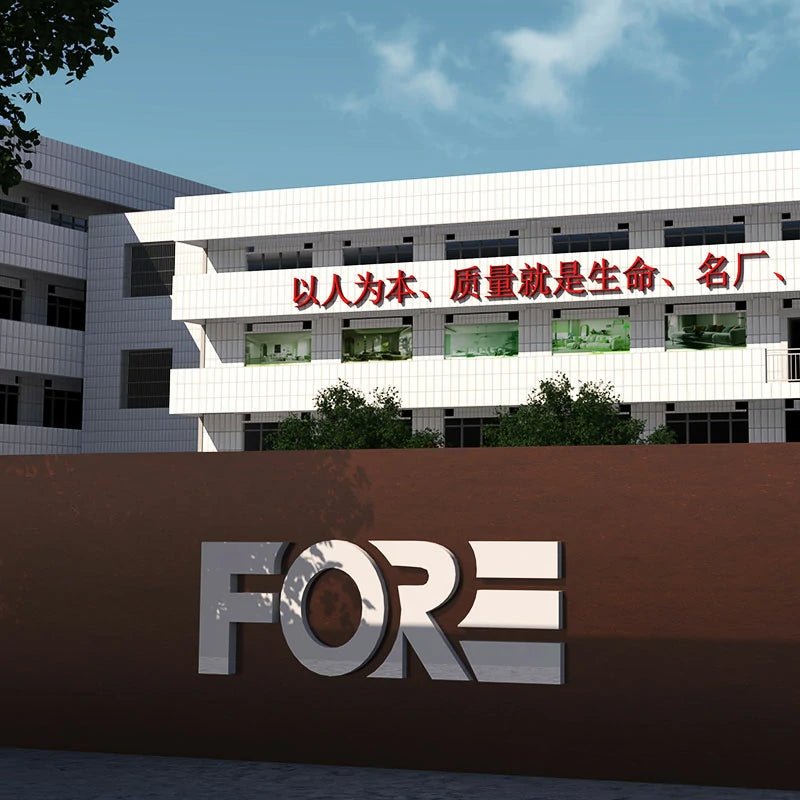 About Us
About Us
 Sustainability
Sustainability
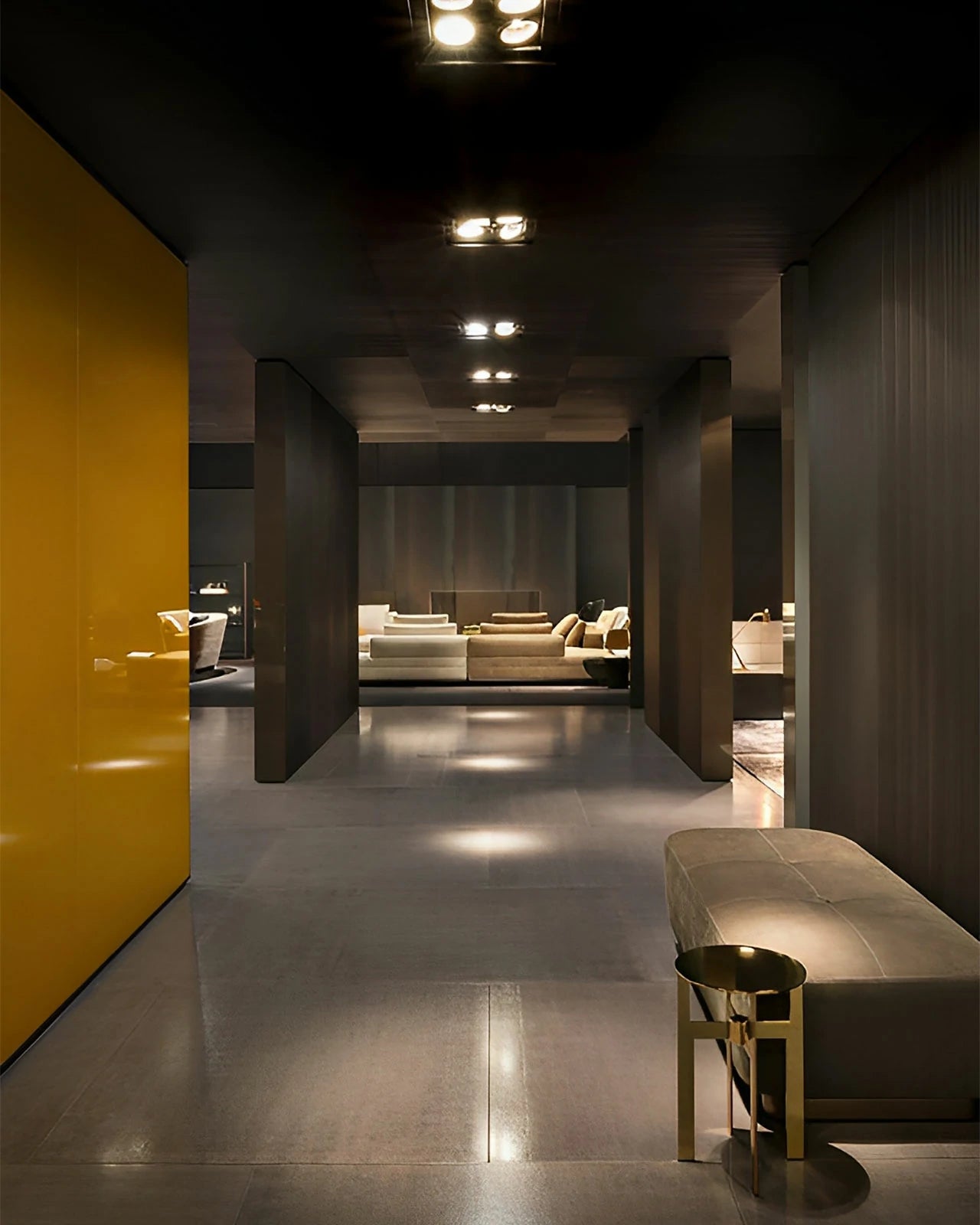 Factory Locator
Factory Locator
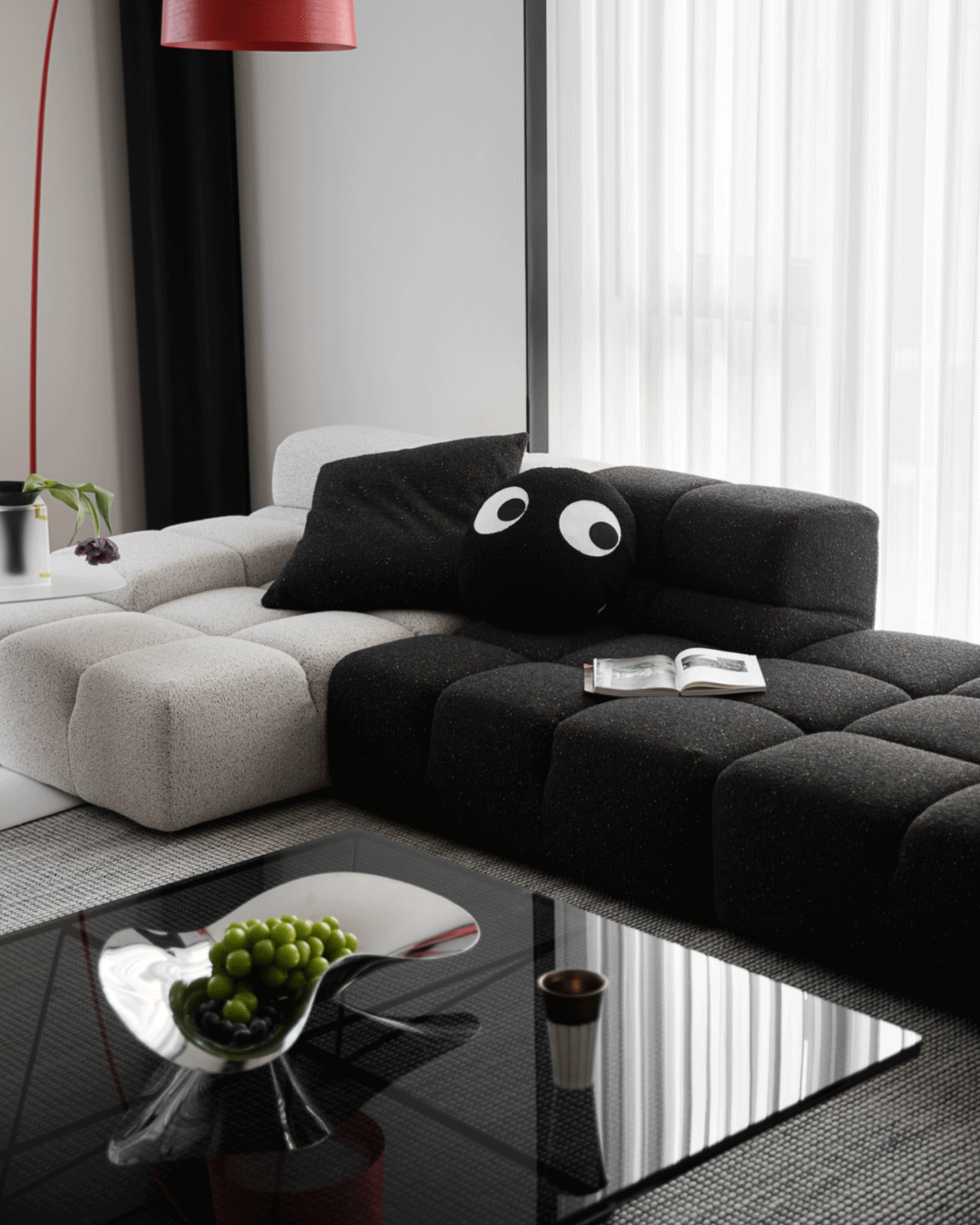 Monochrome Fabric Sofa: Define Your Unique Home Space
Monochrome Fabric Sofa: Define Your Unique Home Space
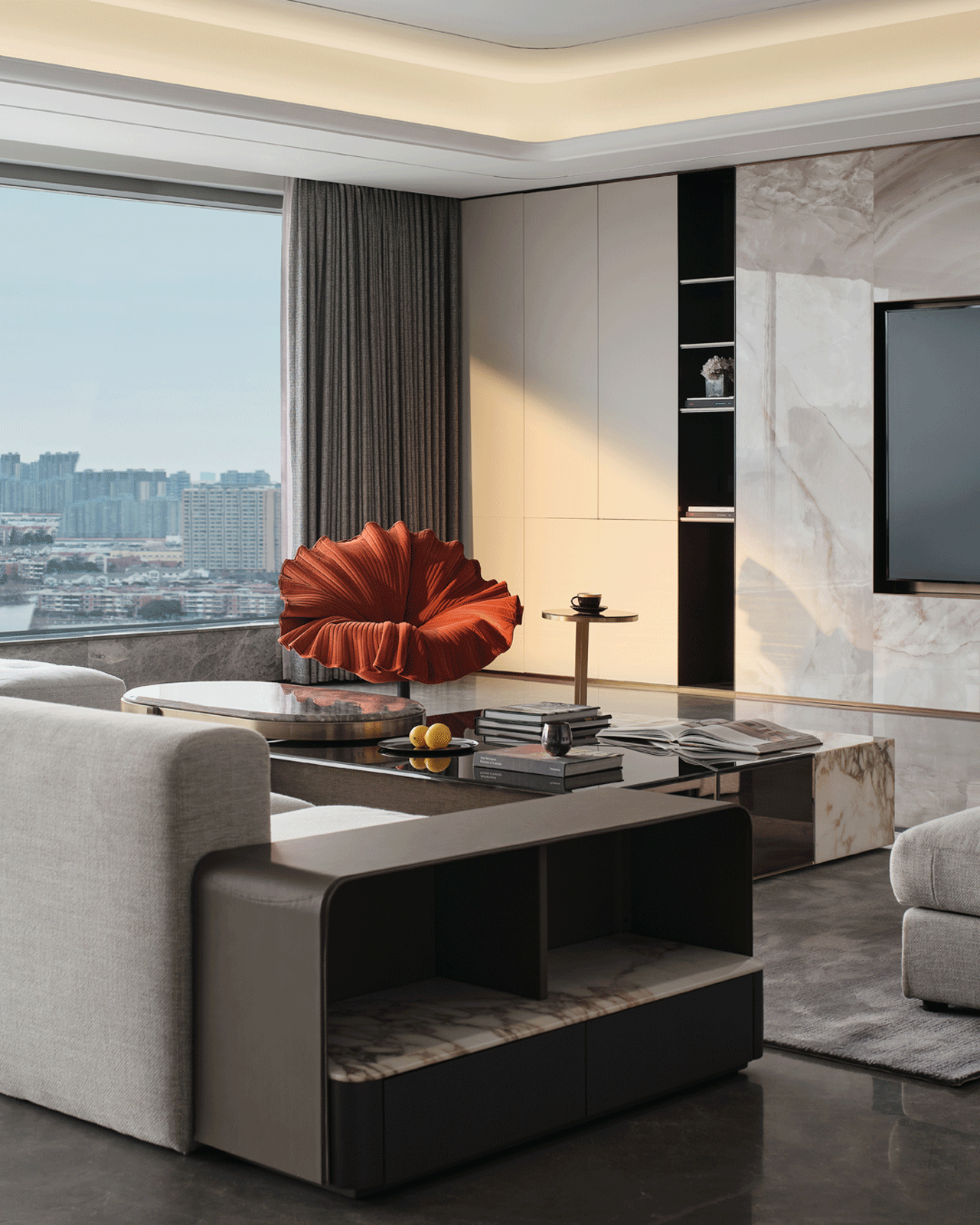 Modern Living:Grey Fabric Sofa meets Red Petal Armchair
Modern Living:Grey Fabric Sofa meets Red Petal Armchair
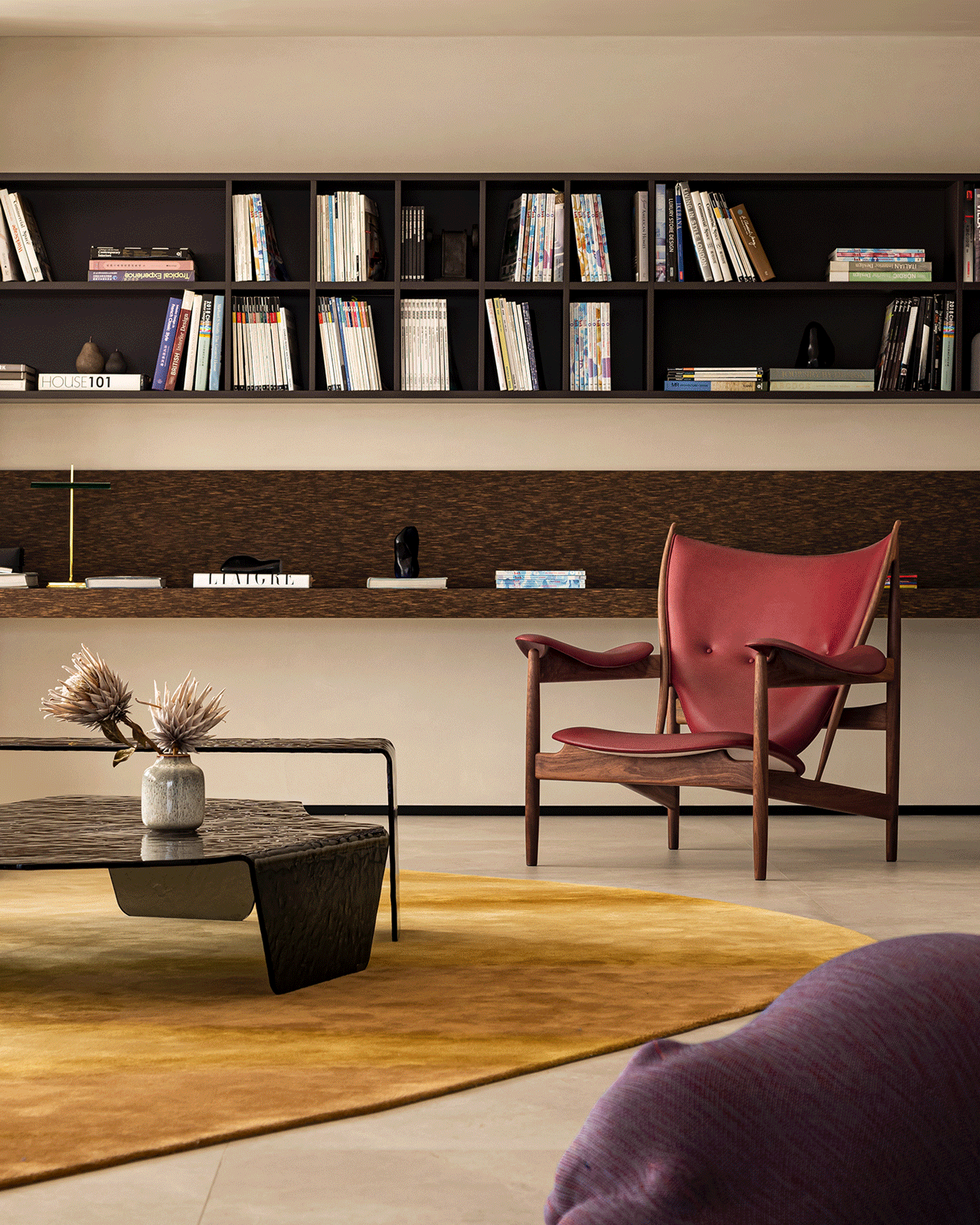 Home Aesthetic: The Unique Charm of Red Wooden Armchair
Home Aesthetic: The Unique Charm of Red Wooden Armchair

